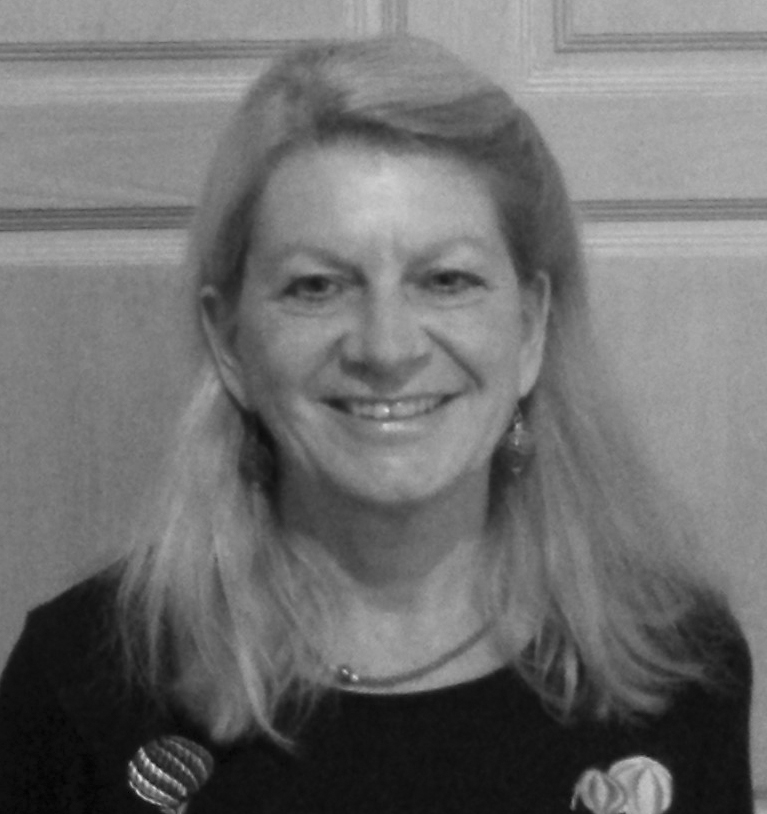21 April 2022
Rwanda? Really?
Other suggestions?
By Lynda Goetz

Like many others, I did a bit of a double take when the news about the Rwandan refugee deal was made public. Again, I am probably not alone in having very little knowledge of this landlocked African country apart from remembering its particularly bloody civil war back in the 1990s. However, that war finished nearly thirty years ago and much has changed since then. It nevertheless came as something of a shock to discover that our Government is proposing to put all refugees who arrive here illegally on a plane to Africa, process them there and expect them to make a life there if asylum is granted.
In return for dealing with our refugees Rwanda is to be paid an initial £120m as part of an “economic transformation and integration fund”; but of course for the UK there will be operational costs too. It is unclear at this stage whether this plan will cost the UK more, less or around the same as it currently costs to house asylum seekers in hotels and process them here. The aim is to attempt to deter people smugglers from engaging in what is currently a rather lucrative trade in human beings. Initial reaction to the plan appears largely hostile and the Prime Minister is expecting to have to deal with challenges in the courts. The project has been called ‘cruel’ and ‘inhumane’ by many and even ‘ungodly’ by the Archbishop of Canterbury, Justin Welby. Even within the Conservative party criticism has been fairly unbridled, with David Davis accusing Boris Johnson of ‘moral delinquency’.
As I wrote last week (The Refugees We Deserve), attitudes to immigrants in this country appear confused and somewhat paradoxical, although we are hardly alone in this. ‘Outsourcing’ refugee problems, although rather unexpected and shocking, is not completely new. The Australians tried it some ten years ago, sending migrants to Papua New Guinea and Nauru; more recently the EU essentially paid Turkey to take on ‘irregular migrants’ and Libya is also given assistance by the EU to intercept migrants crossing the Mediterranean. Denmark signed a deal with Rwanda last year, although so far apparently no migrants have been sent there.
The big question is will this act as a deterrent or will it, at least in the short term, increase the traffickers’ business as people seek to ‘squeeze under the wire’ before the plan can be implemented? Longer term, will the prospect of having to make a life in Africa rather than Britain, deter those who could perhaps stay in one of the European countries they have already traversed rather than attempting a futile and dangerous crossing to the UK? The other questions relate perhaps to the suitability or otherwise of Rwanda itself as a refugee destination.
This is not an underpopulated country. It is the fourth most densely populated country in Africa. There has even been speculation that the 1994 genocide can be partly attributed to the population density. (Historian, Gérard Prunier). It is reputedly now one of the safest countries in Africa, but the population is young, with an average age of 19 and the economy is still largely one of agricultural subsistence farming. The current President, Paul Kagame has massively improved health outcomes for the population; education and general literacy have also improved. Although the native language is Kinyarwanda, English is used for most official business and is widely spoken, particularly in the cities. The climate is generally quite benign and is described as a temperate tropical highland climate with two rainy and two dry seasons. The capital Kigali has a temperature range of between 12 and 27 degrees C throughout the year. The land is essentially hilly, although there are also mountains and in the east plains and swamps. The French called it ‘Pays des Mille Collines’ (Land of a thousand hills) and the scenery in places is stunning. Is any of this enough to make it appealing to those fleeing war or persecution? Perhaps not if they had hoped to join family or friends in the UK and had imagined a country more economically and industrially developed where they could find housing and work. But does it sound, as SNP’s Westminster leader, Ian Blackford, described it, as ‘absolutely chilling’ and ‘evil’ to be proposing to send people here?
Andrew Mitchell, Conservative MP for Sutton Coldfield, seemed to consider the policy ‘globally unprecedented’ whilst at the same time pointing out that Australia had abandoned a similar policy ‘as a failure’. It is true that the Australian experiment seems to have been ‘cruel, costly and ineffective’, to use the words of The Economist’s article on the subject last week, but perhaps the issue here may be oversight of the arrangement and it is hard to tell at this stage what, if any, oversight there will be. Some are concerned about the LGBT community and it is true that there are no particular safeguards and that same-sex marriage is not sanctioned. Although same-sex activity is legal, LGBT Rwandans have reported being harassed and even arrested under morality and public order laws.
Ministers have pointed out that those decrying this initiative have not themselves come forward with any alternative or viable proposals: that goes not only for the Labour party, but for all those charities and institutions, including the Church. In his Easter sermon, The Archbishop of Canterbury said, ‘‘The details are for politics and politicians. The principle must stand the judgment of God, and it cannot”. Surely, if the Church wishes to intervene in politics it would be helpful to intervene in a constructive rather than destructive manner? We may be a Christian country, but the role of the Church in an age when most of us are no longer church-goers should not simply be to thunder from the pulpit in condemnation.
The Church was shockingly absent for those who did need it during the Covid pandemic; it would also appear to have been duped by some of those asylum seekers who sought to use conversion to Christianity as a means to an end (e.g Emad Al Swealmean, the Liverpool bomber and Khairi Saadallah, the Reading knifeman). As the Rev Pete Wilcox, then Dean of Liverpool said “I can’t think of a single example of somebody who already had British citizenship converting here with us from Islam to Christianity.” Is it really in a position to lecture government? Maybe the Church should stay out of politics altogether.
As for the rest of us, we are almost certainly going to be as conflicted about this new proposal to deal with immigration as we have been about the whole refugee crisis in general. We don’t really want so many of them here (except perhaps on a short term basis if they really are fleeing war), but nor do we want to see pictures on the news of drowned toddlers on beaches or lorries full of asphyxiated people; the result of unprincipled traffickers prepared to do anything for a profit. Strange really, that there are so many people prepared to get exercised about statues of historic figures with extremely tenuous connections to slavery and yet when it comes to dealing with those currently trafficking human beings they are all talk and no action. This proposal may at least have the effect of slowing the constant stream of those risking their lives; perhaps we should learn from the Australian mistakes and see if this can’t be made to work for all concerned. There are no other suggestions on the table.


